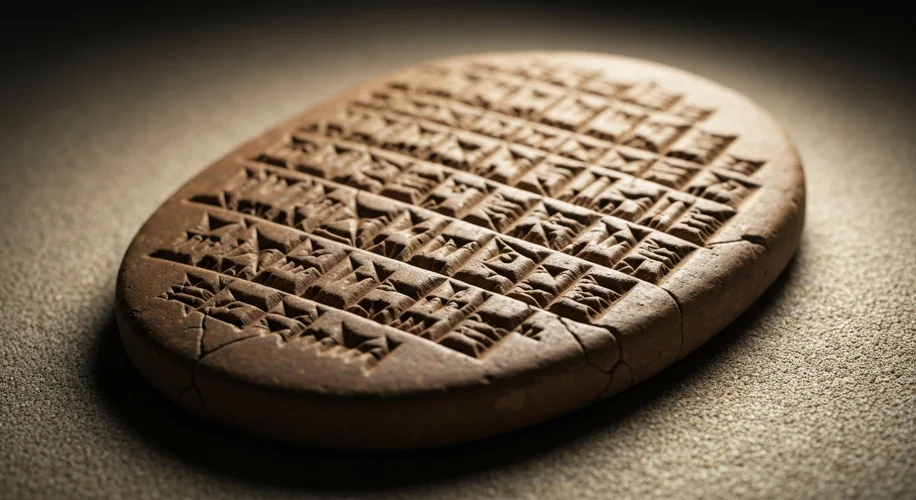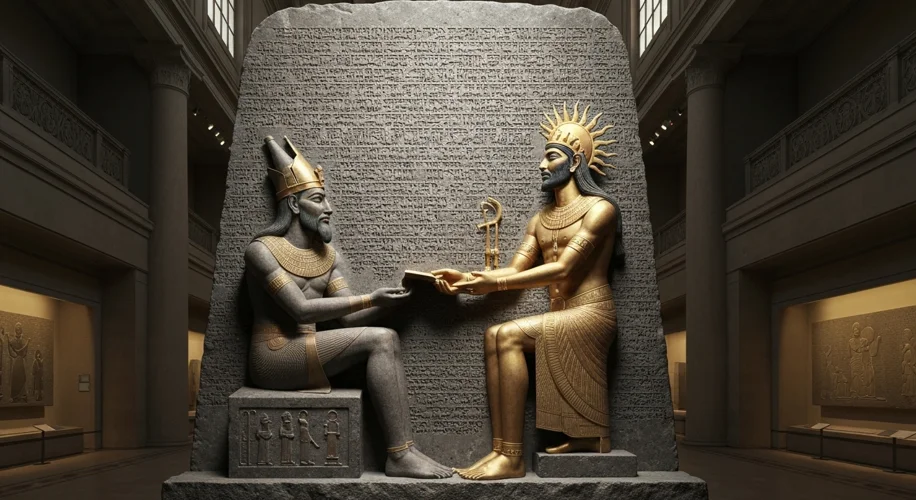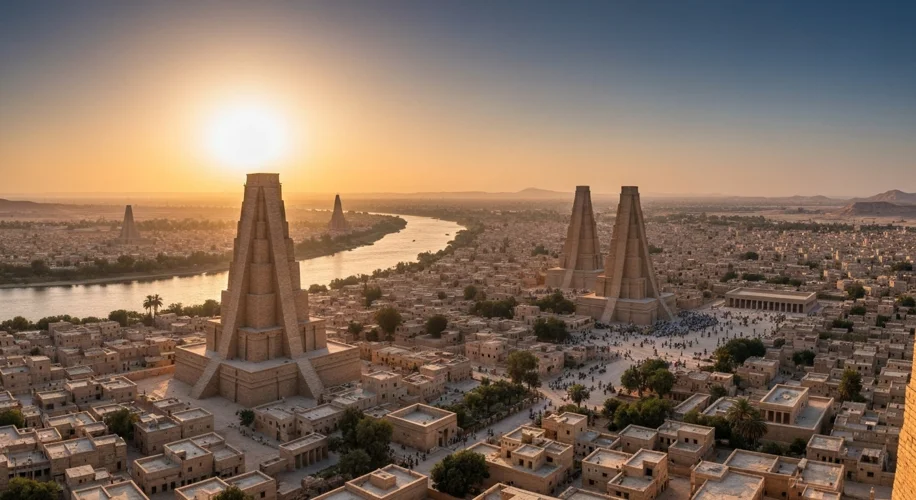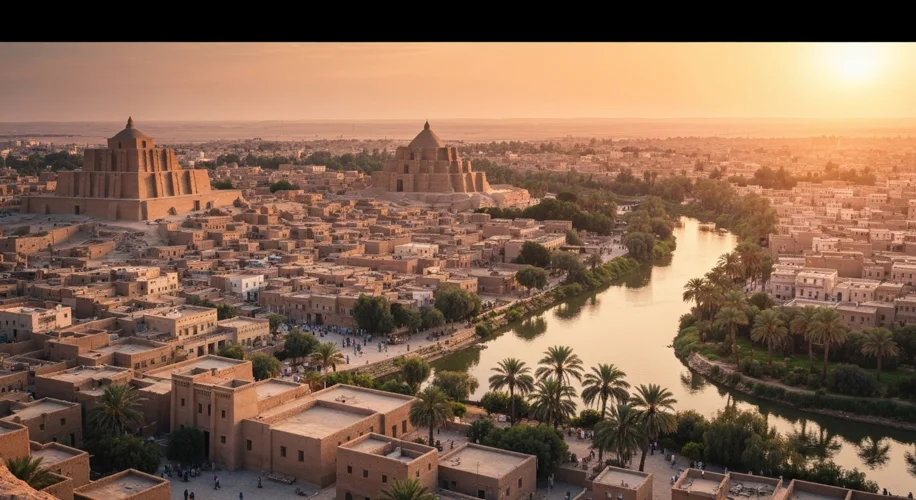Imagine a world without a way to record history, without numbers to count your flock, without cities to gather and trade. For most of human existence, this was reality. Then, in the fertile crescent between the Tigris and Euphrates rivers, a revolution began. This land, known as Mesopotamia, meaning “land between the rivers,” became the crucible where the very foundations of civilization were forged.
For millennia, humans had lived in small, nomadic groups, their knowledge passed down through oral tradition. But as populations grew and societies became more complex, the limitations of memory became starkly apparent. Around 3200 BCE, a profound innovation emerged from the bustling city of Uruk: writing. Initially, it was simple pictographs, drawings representing objects. But it rapidly evolved into cuneiform, a system of wedge-shaped marks pressed into wet clay tablets. These weren’t just doodles; they were records of grain, of livestock, of trade. They were the whispers of the past being captured for the future.

This ability to record extended beyond mere commerce. The Mesopotamians, particularly the Babylonians, developed sophisticated mathematical systems. They used a sexagesimal (base-60) system, a legacy of which we still see today in our measurement of time – 60 seconds in a minute, 60 minutes in an hour – and in our angles – 360 degrees in a circle. They understood geometry, algebra, and could solve complex equations. Their astronomical observations were equally remarkable. They charted the stars, predicted eclipses, and developed calendars, all crucial for agricultural planning and religious rituals.
But what truly set Mesopotamia apart was its urbanism. Cities like Ur, Uruk, Babylon, and Lagash weren’t just large villages; they were centers of administration, religion, and commerce. These urban centers required sophisticated organization, which in turn necessitated clearer rules and governance. This led to the development of early legal codes. While earlier fragments exist, the most famous is the Code of Hammurabi, dating to around 1754 BCE. Inscribed on a basalt stele, it contains nearly 300 laws covering everything from property rights and family law to trade and criminal justice. The famous principle of “an eye for an eye, a tooth for a tooth” (lex talionis) was a radical attempt to establish a proportional system of justice, aiming to prevent blood feuds and maintain social order.

These innovations weren’t isolated occurrences; they were interconnected threads weaving the fabric of a new civilization. Writing allowed for the dissemination of mathematical knowledge and legal decrees. Mathematics enabled sophisticated engineering for city building and astronomical predictions. The rise of cities provided the context for complex legal systems and the specialization of labor that drove further innovation. From the humble counting tokens used to track goods to the grand ziggurats that pierced the Mesopotamian sky, every development built upon the last, accelerating the pace of human progress.
Consider the sheer audacity of it all. These were people living thousands of years ago, with no prior examples to guide them, yet they laid the groundwork for so much of what we take for granted today. The very concept of a structured society, of codified laws, of scientific inquiry, of a written historical record – all have deep roots in the sun-baked soil of Mesopotamia. Their legacy isn’t just found in dusty museum exhibits; it’s embedded in the way we count, the way we govern, and the way we record our own existence.
It’s easy to look back at ancient civilizations with a sense of detachment, viewing them as quaint relics of the past. But Mesopotamia reminds us that the drive to understand, to record, to organize, and to build is a fundamental human impulse. The scribes, mathematicians, and lawgivers of this ancient land were not merely clever; they were visionaries. They took the first, faltering steps into the complex, interconnected world we inhabit today, and for that, they deserve our enduring fascination and respect. The echoes of their ingenuity still resonate across the millennia, a testament to the dawn of civilization.


